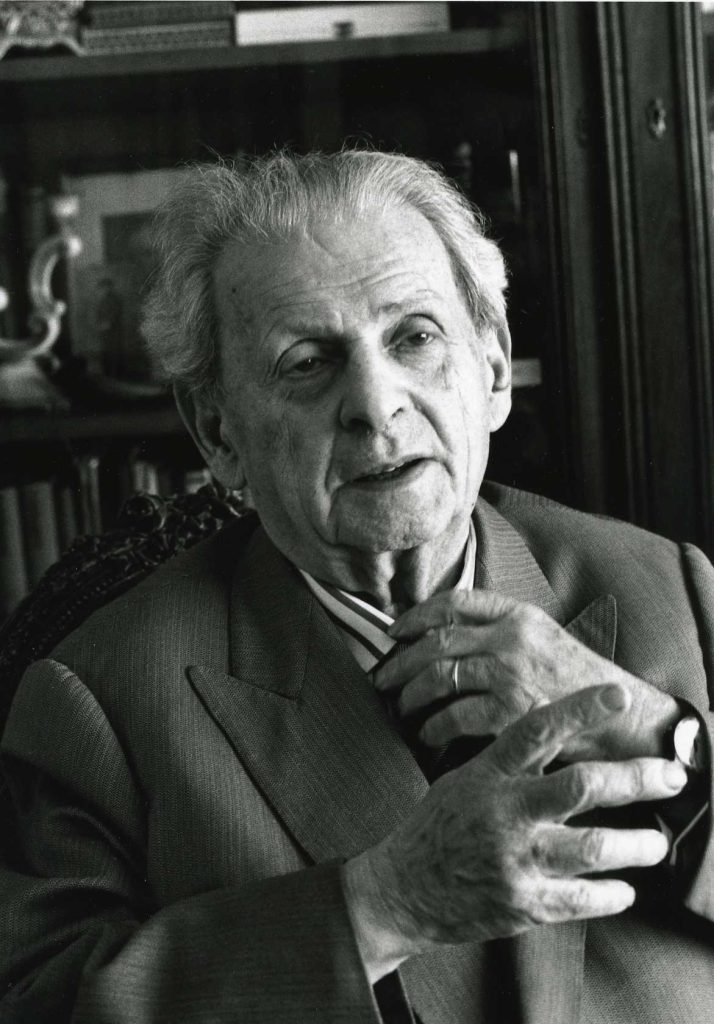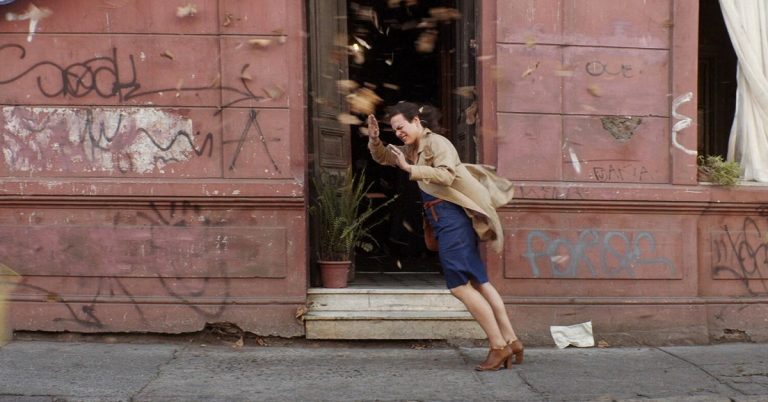
Read on and explore the ideas behind writing Performing Ethics through Film Style book by Edward Lamberti.
Levinas’s ethics in a nutshell
The notion of ‘Otherness’ is other people’s differences from me and my sort of person. This can be deployed negatively: if I see someone as an Other, it might be like saying they are a lesser human being than me. The threshold between me and the Other is the threshold between my life, as I know it and as I want it to be, and the life of someone else, someone who at best doesn’t interest me and who at worst gets in my way to the point that I want them dead. There are those who are like me, and whom I feel comfortable with, and that there are other people, whom I’m against. It’s us and them.

But ‘Otherness’ can also be deployed positively. For the ethical philosopher Emmanuel Levinas, everyone who is not me is an Other – unknowable, unclaimable, not on my team (my team of one). What this can do, I think, is put all other people on an equal plane. That makes it harder for me to claim some ‘others’ as more like me than other ‘others’. And all these others need me. They call out to me for my help. And I am responsible for them – inescapably responsible. Indeed, it is my inescapable responsibility for them that defines me as me. I am nothing without them. Nothing without my responsibility for them.
I am simplifying. It is a crucial aspect of Levinas’s ethics that he doesn’t explain things in this way. Levinas performs his ethical positions through a prose style that seeks to refuse to claim to be able to know the otherness of others and which might leave us raw with the feeling that we are endlessly responsible. He does this through repetition, rewording, a kind of restless style that at first glance (and even with careful reading) can seem borderline unintelligible. Levinas is therefore difficult to read (because of his prose style) and difficult to take (because of his ethics). And for these reasons, he is a thrilling philosopher to engage with.
Performing Ethics through Film Style book
In my new book, Performing Ethics through Film Style: Levinas with the Dardenne Brothers, Barbet Schroeder and Paul Schrader, I write about how films can be said to perform things through their styles, and how films from these filmmakers can be said to be performing aspects of Levinas’s ethical philosophy. The Dardenne brothers have explicitly declared a philosophical debt to Levinas’s work; that’s not the case with Schroeder or Schrader, but I think we can experience their films and come away with Levinasian thoughts in similar ways.



The Dardenne brothers, Barbet Schroeder, Paul Schrader (image Petr Novak, Wikipedia)
Films perform: in saying this, I draw on J. L. Austin’s work in the 1950s on the performativity of language, on Jacques Derrida’s engagement with Austin (and Levinas), and on Judith Butler and others who have taken performativity into different areas (including literature, identity and socio-political discourse). Just as Levinas performs his ethics through his prose style, so, my book contends, films can perform a Levinasian ethics through their uses of style.
Film style is, therefore, the focus. I believe there isn’t just one style we can call a ‘Levinasian film style’; instead, the Levinasian comes across through a range of stylistic approaches. What those approaches have in common is a sense of the responsibility we have for other people and the demands this places on us. In these films, this becomes fast drama, droll comedy, tender sexuality, piercing violence, romantic love, demonic destruction, quiet hope… There’s handheld camerawork, opulent crane shots, blistering colour, archive black and white, the sounds of a carpentry workshop, a quiet piano, exhilarating orchestral music, disco beats, close-up faces, people swaggering along the pavement, people driving in cars, people sitting in contemplation…
Thinking about film style can help reveal what films offer to us, what experiences we might have. In Performing Ethics through Film Style, I am delighted to be writing about these films and what I believe to be their Levinasian views of the world.

Edward Lamberti has a PhD in Film Studies from King’s College London and he works at the BBFC. He is the editor of Behind the Scenes at the BBFC: Film Classification from the Silver Screen to the Digital Age (2012).





